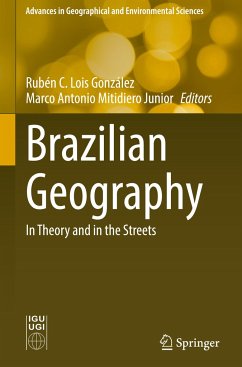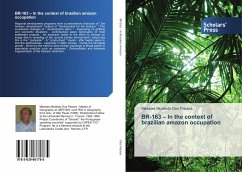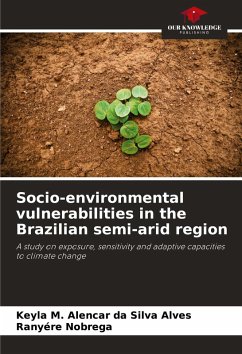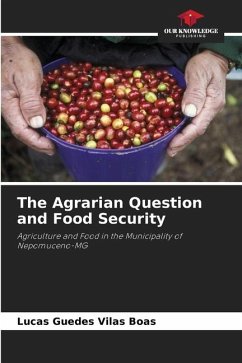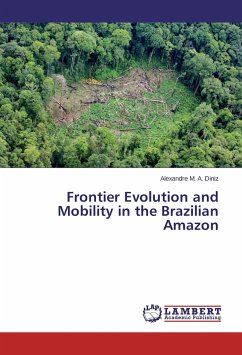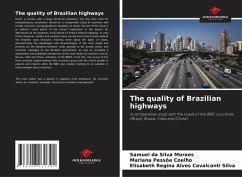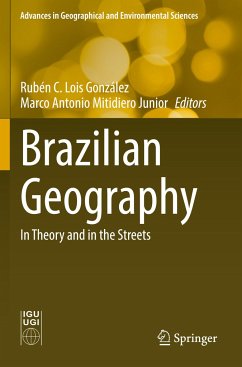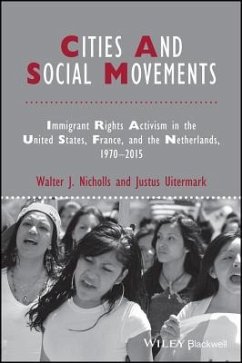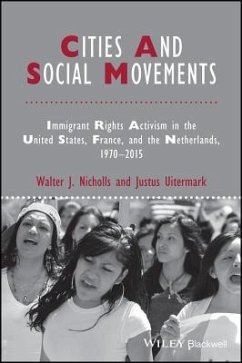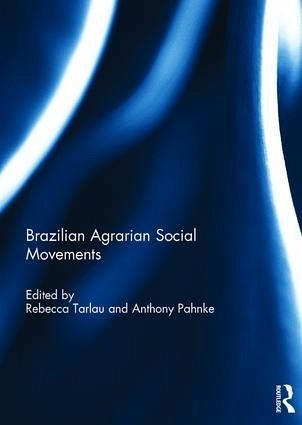
Brazilian Agrarian Social Movements
Versandkostenfrei!
Versandfertig in 1-2 Wochen
109,99 €
inkl. MwSt.

PAYBACK Punkte
55 °P sammeln!
Brazilian Agrarian Social Movements offers an overview of contemporary forms of rural resistance and the implications of these mobilizations and movements for alternative agricultural production, large-scale development projects, education, race and political parties in the contemporary agrarian context.





